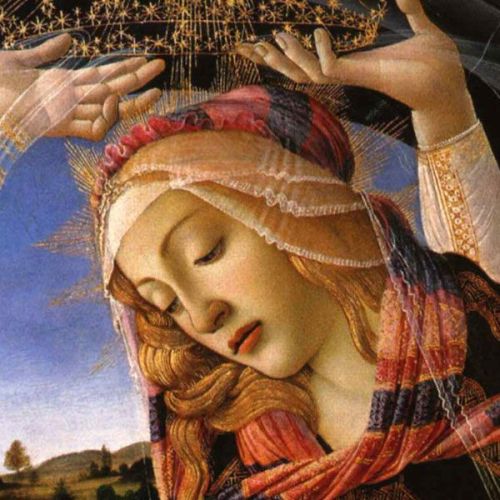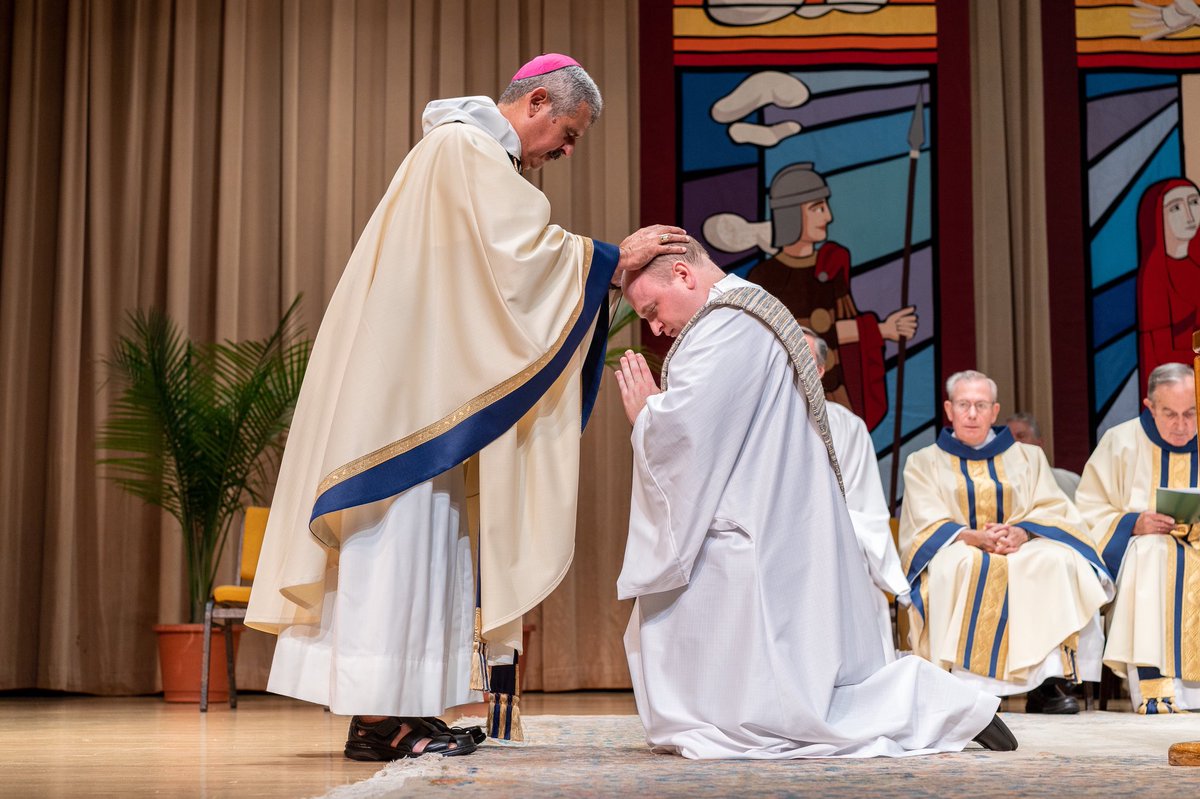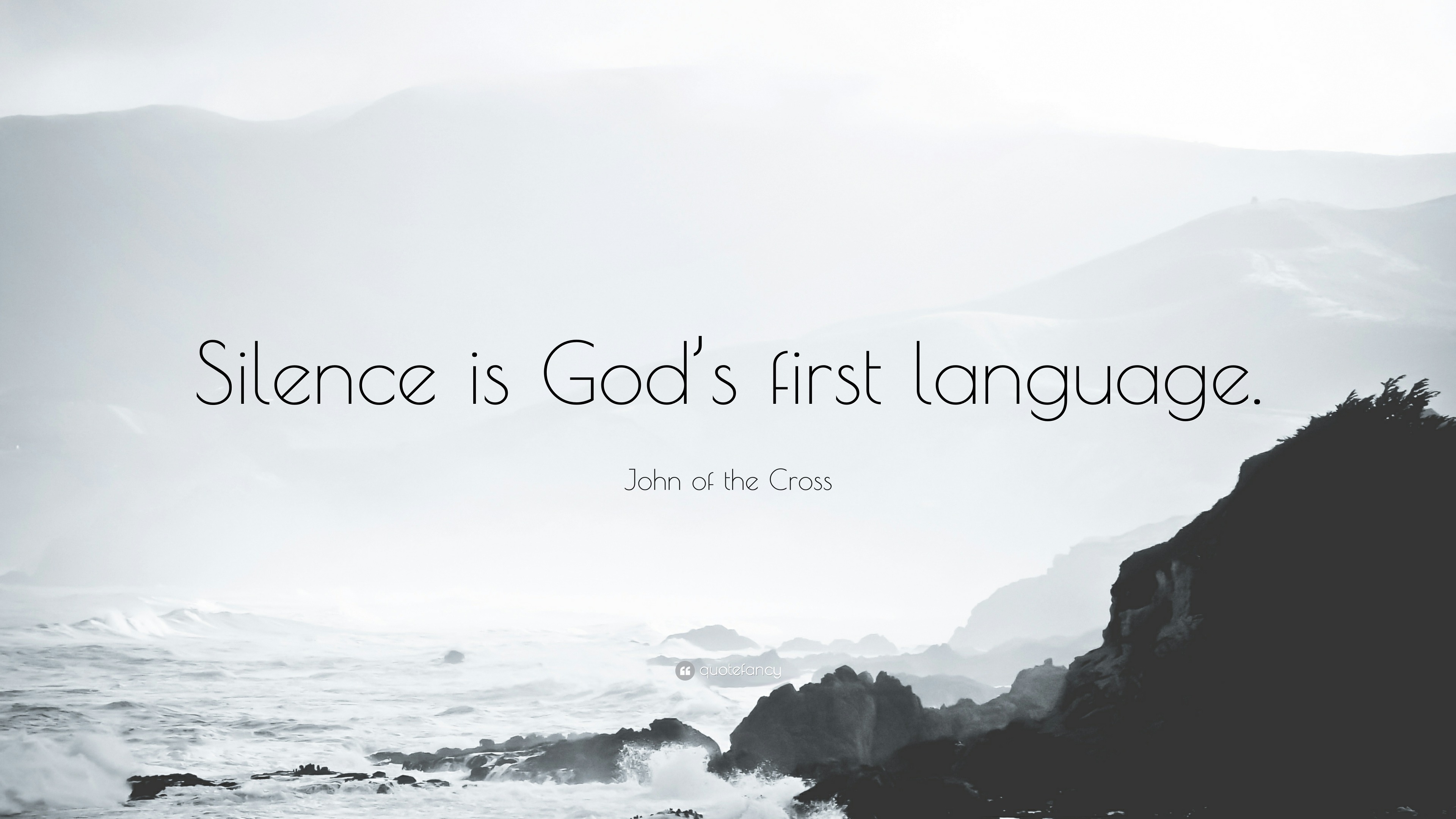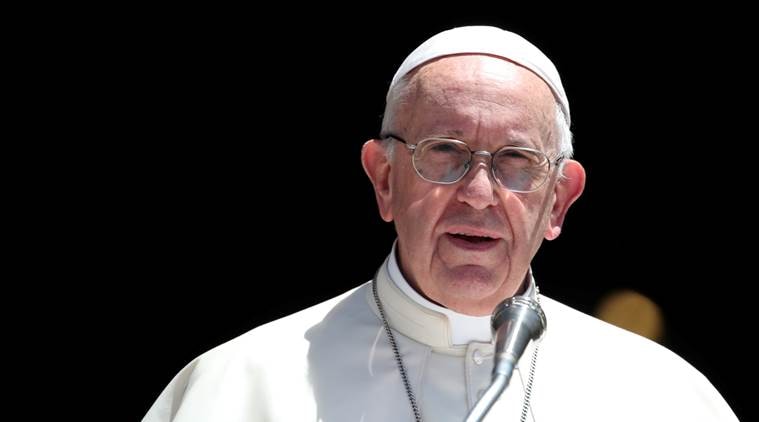August, 2018
My dear graduates of Chaminade, Kellenberg Memorial, and St. Martin de Porres Marianist School,
This past Fourth of July, a number of us in the Brothers’ House were looking for something “patriotic” to do to commemorate the founding of our nation. We decided to visit the Sagamore Hill National Historic Site, home of the 26thPresident of the United States, Theodore Roosevelt, who lived there from 1885 until his death in 1919. Located in nearby Oyster Bay, the site includes Roosevelt’s home; an extensive museum housed in a separate building; and 83 acres of forest, meadows, salt marshes, and beaches. The fact that Bro. Larry Syriac is a member of the executive committee for the “Friends of Sagamore Hill” sealed the deal for us, so to speak, and off we headed to TR’s “Summer White House.”
While the furnishings and hunting trophies in the “Summer White House” are all larger than life, the exhibits and especially the quotations in the museum are what captured my imagination this time around. I even photographed a number of them with my iPhone! And why is that? Because I learned that Teddy Roosevelt was not only a master politician, an accomplished public servant, and arguably one of the greatest Presidents in our history; he was also a deeply spiritual man. Living at a time when we so often associate the adjectives corrupt and crookedwith the noun politician, I found it refreshing to be reminded that our best public figures are men and women of principle. They are motivated by deep conviction, and those convictions come from a consciously cultivated and carefully safeguard spiritual core.
Consider the following example. Roosevelt’s success as Governor of New York kept him in the public eye. In 1899, he was invited to speak in Chicago, where he warned his audience that they must not be “ . . . content to rot by inches in ignoble ease within our borders, taking no interest in what goes on beyond us, sunk in scrambling commercialism; heedless of the higher life, the life of aspiration, of toil and risk.” Roosevelt urged his listeners to embrace “the doctrine of the strenuous life, the life of toil and effort, of labor and strife.”
I am reminded of some favorite lines of mine from the days when I taught junior English. Perhaps you remember them too; they come from “Ulysses,” by Alfred, Lord Tennyson:
. . . but something ere the end,
Some work of noble note, may yet be done,
Not unbecoming men that strove with gods. . . .
. . . and though
We are not now that strength which in old days
Moved earth and heaven, that which we are,
we are;
One equal temper of heroic hearts,
Made weak by time and fate, but strong in will
To strive, to seek, to find, and not to yield.
Great patriots and great saints alike – and may I dare say, above all, Jesus Christ Himself – remind us that our lives are not about ease and comfort. They are about heroism. That’s not an easy lesson to live. We are – all of us – sorely tempted to live small lives, “lives of quiet desperation.” But something bigger beckons, something that calls us beyond the constricted microcosm of self-interest to wide-open spaces of self-forgetfulness, devotion to the common good, and dedication to principles and ideals far bigger than ourselves. All this, I would suggest, makes not only for true patriotism, but for sound spirituality as well.
TR understood this. A child of privilege, he nevertheless championed the rights of the working man and the poor to the basic necessities that make life truly human. “No man can be a good citizen,” Roosevelt wrote in 1910, “unless he has a wage more than sufficient to cover the bare cost of living, and hours of labor short enough so that after his day’s work is done, he will have time and energy to bear his share of the management of the community, to help in carrying the general load.”
In a letter he wrote in 1917 to S.S. Menkin, Roosevelt opined, “Americanism means many things. It means equality of rights and, therefore, of duty and of obligation. It means service to our common country . . . It means on the part of each of us respect for the rights of the rest of us. It means that all of us guarantee the rights of each of us.”
But perhaps the most famous words of Theodore Roosevelt are these:
It is not the critic who counts; not the man who points out how the strong man stumbles, or where the doer of deeds could have done them better. The credit belongs to the man who is actually in the arena, whose face is marred by dust and sweat and blood; who strives valiantly; who errs, who comes short again and again, because there is no effort without error and shortcoming; but who does actually strive to do the deeds; who knows great enthusiasms, the great devotions; who spends himself in a worthy cause; who at the best knows in the end the triumph of high achievement, and who at the worst, if he fails, at least fails while daring greatly, so that his place shall never be with those cold and timid souls who neither know victory nor defeat.
Dare greatly. Step into the arena. Spend yourself in a worthy cause. Strive, seek, find, and never yield. Our lives were not made for ease and comfort. They were made for heroism. Our great patriots – carved in monuments and written in the pages of history books – all tells us this. And so do Jesus Christ and the great company of saints who follow in His footsteps. Dare to follow in theirs!
On behalf of all my Marianist Brothers,
Bro. Stephen




























